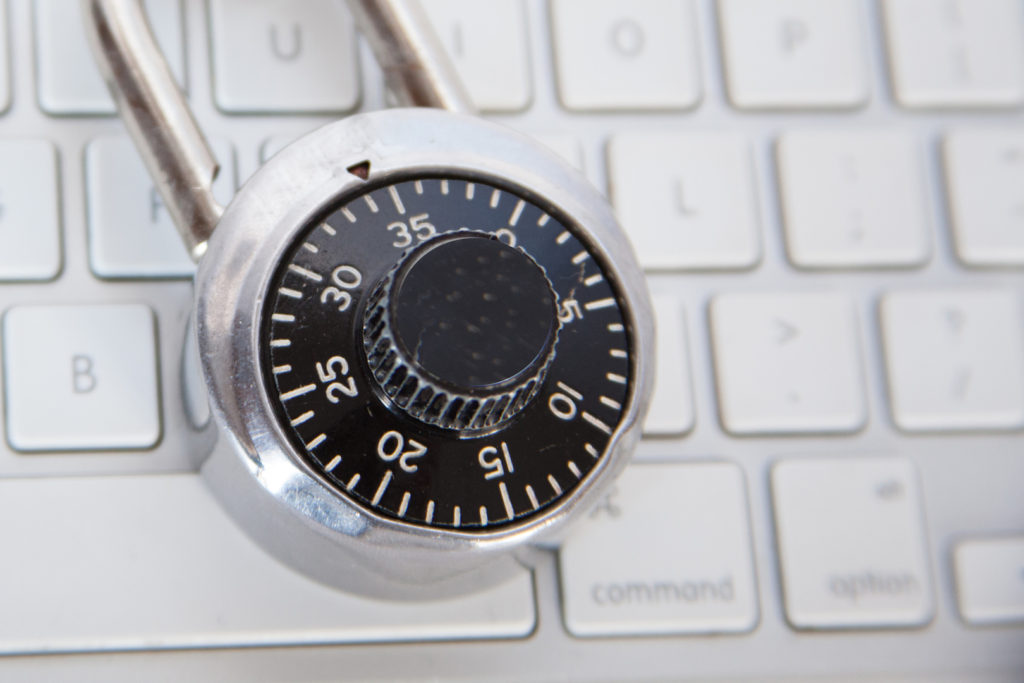Do you ever have trouble sleeping at night wondering if one or more people are watching your activity on the Internet from time to time?
While a question like that is not meant to make anyone paranoid, it is hopefully to get individuals (and families for that matter) to be as resourceful as they can be when it comes to protecting their Internet activities.
From identity theft thieves looking to steal financial information to online predators stalking children and women, there are countless people on the worldwide web who have one thing and one thing in mind only, causing problems for others.
With that being the case, what are you doing during your time surfing the Internet or using it for work or educational purposes to protect your online data?
In the event your answer is not much, you truly need to rethink your online activities, finding every means possible to protect you and your family whenever you turn on that computer or mobile device.

Stay a Step Ahead of Online Criminals
So that you can do your best to stay a step ahead of online criminals, file away the following tips:
- Internet security – Your ability to decrease the odds of being a data theft victim decrease when you have a secure server backing you up on the Internet. If your server provider takes Internet security seriously, you’re typically in good hands. However, if that company takes such security for granted, look around for another provider. Always be sure to update your anti-virus programs whenever they expire. It just takes a day in between the current program expiring and you renewing another term for an cyber-criminal to strike;
- Locking down sensitive information – How many times have you told a friend it was fine for him or her to use your computer or a social media service like Facebook, Twitter, LinkedIn and others? You give them your username/password that the friend jots down on a piece of paper. He or she then tosses that paper away when they no longer use it, but they fail to shred it. Someone rifling through their garbage finds your log-in information (that same information you forgot to change after loaning it to a friend etc.). Before you know it, someone has your log-in info to a social media profile or worse. Always keep your personal computer log-in details to yourself. Sure, letting your wife or husband use such info is much different than letting a friend or co-worker use it;
- Don’t leave laptops, mobile devices unattended – It certainly is not uncommon for people to misplace their smartphones and other mobile devices from time to time. Yes, even laptops can be temporarily lost of even stolen. The problem when any of those scenarios happen is that one or more people then have access to your private tech world. Look at it as a data center if you will. When a cyber-criminal gets ahold of your personal device, he or she can open up a treasure trove of personal information, information that in some cases contains financial data and more. Do your best (especially when traveling for business or pleasure) to avoid leaving your laptop and other such devices around for long periods of time unguarded. If you have personal financial details etc. on your computer/smartphone, be sure to either have them in your possession at all times when traveling or lock them up in a hotel safe (at least the laptop) so hotel workers etc. can’t try and access them when you’re gone from your room. Yes, it may at times seem like a little paranoia on your party, but rather safe than sorry.
When it comes to your personal online data, keeping it as safe as possible really starts with good old-fashioned commonsense.
Yes, you need to have a sound server connection and also make sure your anti-virus programs do not go unchecked for weeks or months at a time when they expire.
That said maintaining a cool head and thinking one step ahead of cyber-criminals; you stand a much lesser chance of becoming the next identity theft victim.
At the end of the day, are you ready to battle for your online safety?